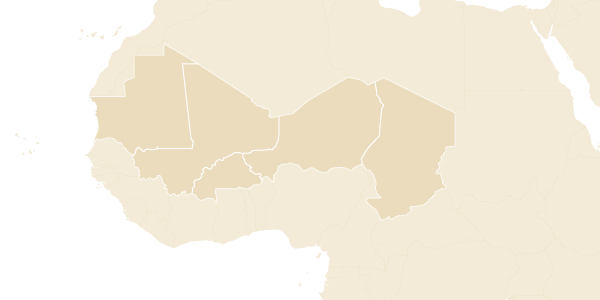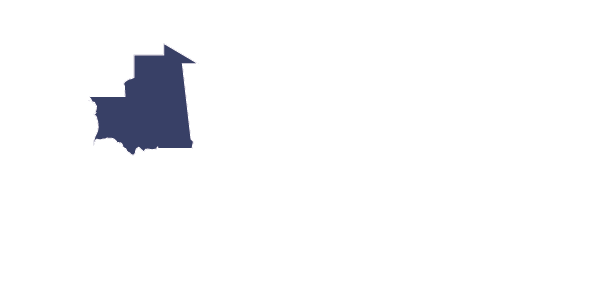Supporting the deployment of the Social Registry and protecting the most vulnerable populations from shocks
The poorest populations are the most vulnerable to shocks. This reality is particularly noticeable in Mauritania which remains one of the poorest countries in the world. Especially in the rural areas of southern Mauritania, where households depend largely on rain-fed agriculture and livestock, poverty rates are the highest in the country which makes these rural populations particularly vulnerable.
To optimise and coordinate social safety nets for these populations, the World Bank launched in March 2020 a new phase of the project the “Support for the deployment of the Social Registry and the social safety nets program” (2015). with the help of Additional financing of USD 72 million has been approved to further strengthen Mauritania’s efforts to increase the effectiveness and efficiency of the national social protection system. This new phase of the project contributes to the G5 Sahel Emergency Development Program (PDU). This project entitled “Social safety net system II in Mauritania” is financed by a grant of 45 million dollars from the World Bank and by a grant of 7 million dollars from the Adaptive Social Protection Program for the Sahel (Sahel Adaptive Social Protection Program (SASPP), co-funded by the German government. The Mauritanian State provides its own contribution of 20 million dollars. The project will be completed in September 2025.
Through this project, the World Bank is supporting the Mauritania government in the deployment of the national Social Registry, the TEKAVOUL social transfer program, and its shock-responsive social safety net program, ELMAOUNA, to reach households suffering from food insecurity during the lean season. The TEKAVOUL program supports the poorest households on a regular and sustainable basis with cash transfers and social promotion sessions. The ELMAOUNA program has been implemented by the Food Security Commission (CSA) since 2017 to enable households to cope with shocks that affect their well-being, in particular droughts.
Offering social protection to more than 200,000 households
The Social Registry aims to identify the 200,000 poorest households in Mauritania and to inform the targeting of social programs. In February 2021, 546,142 people benefited from the TEKAVOUL social safety net program with 37,071 households. In addition, 165,742 households are currently registered in the Social Registry database. Nouakchott and Dakhlet Nouadhibou are the last regions to be completed for national coverage. To this end, the Social Registry has recently adapted its methodology to operate in an urban context.
About 30,500 households in extreme poverty are currently benefiting from the TEKAVOUL program with the support of the project. The Government’s objective was to reach 100,000 beneficiary households by the end of 2021 and 200,000 households by 2025, reaching a national coverage in the next two years. In total, 94.5% of TEKAVOUL beneficiaries have participated in social promotion activities.
Mauritania


Fields of action

